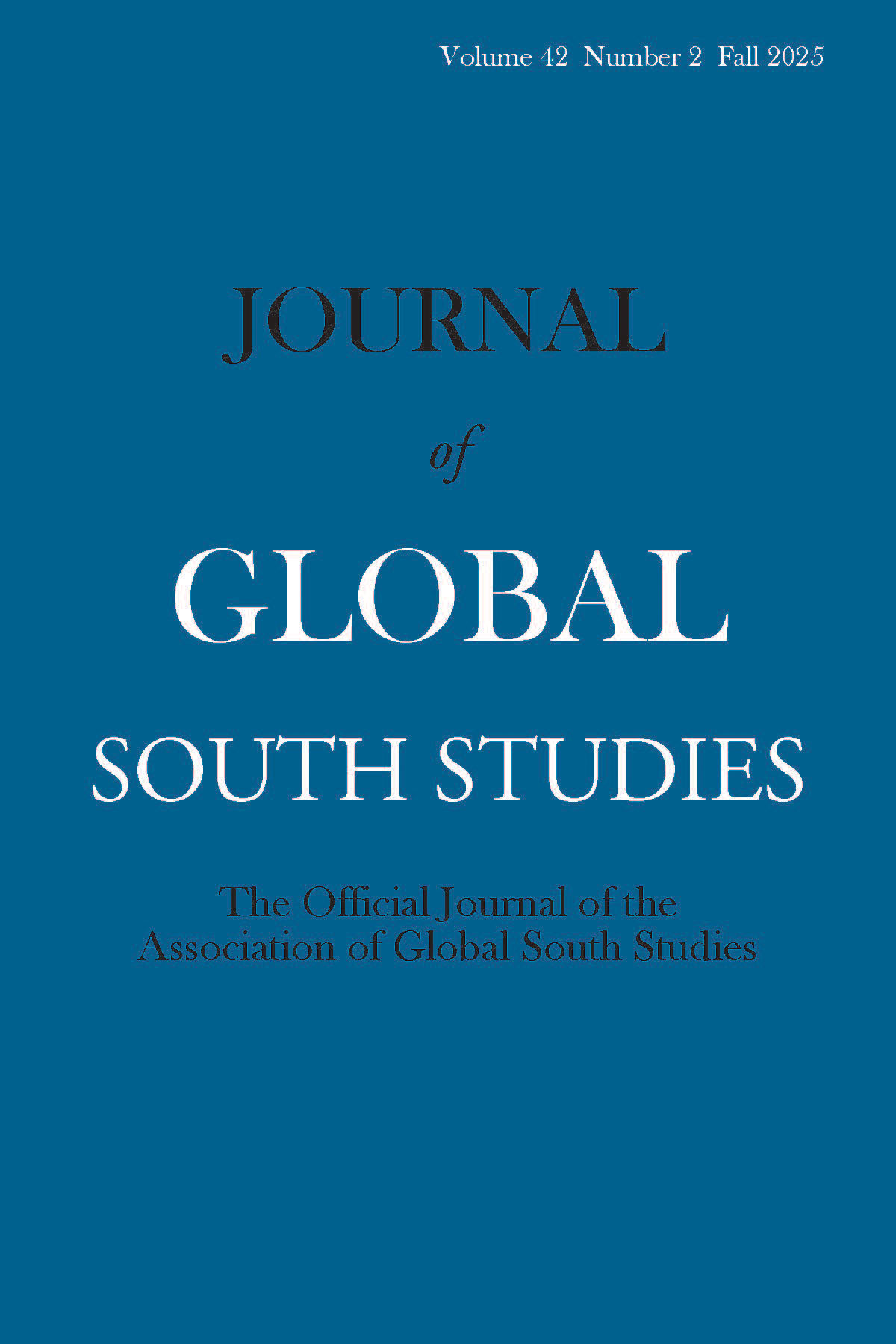Context-Bounded Subaltern Realism A Case Study of Gilgit Baltistan
Main Article Content
Abstract
Mohammed Ayoob’s subaltern realism argues that postcolonial states’ behavior is shaped by colonial legacies, internal insecurities, and external pressures from major power interventions, as well as from regional disputes. This framework was developed by Ayoob to explain conflict dynamics in the “Third World/postcolonial/developing/Global South” and, more specifically, as Ayoob terms them, subaltern states. This study extends Ayoob’s argument in three key ways. First, we advocate for context-specific subaltern realism, moving beyond broad categorizations like “Third World/postcolonial/developing/Global South/subaltern states” to ensure analyses reflect each state’s unique historical, political, and socioeconomic conditions. Second, we apply subaltern realism to analyze Pakistan’s governance of Gilgit-Baltistan (GB)—a disputed territory under its administration that is part of the broader Kashmir conflict between India and Pakistan. Unlike secessionist movements typically discussed by Ayoob, GB’s demand is integrationist, seeking provisional constitutional recognition rather than outright independence.
We analyze internal and external factors contributing to Pakistan’s hesitation in granting GB provisional provincial status. Third, we extend subaltern realism by disaggregating “subaltern” into two registers—state-subalternity and societal subalternity—and centering the voices of GB’s subaltern publics—local experts, students, and communities—rather than focusing solely on the state. This shift foregrounds how marginalized populations articulate their political aspirations, offering a more nuanced application of subaltern realism to territorial disputes.

